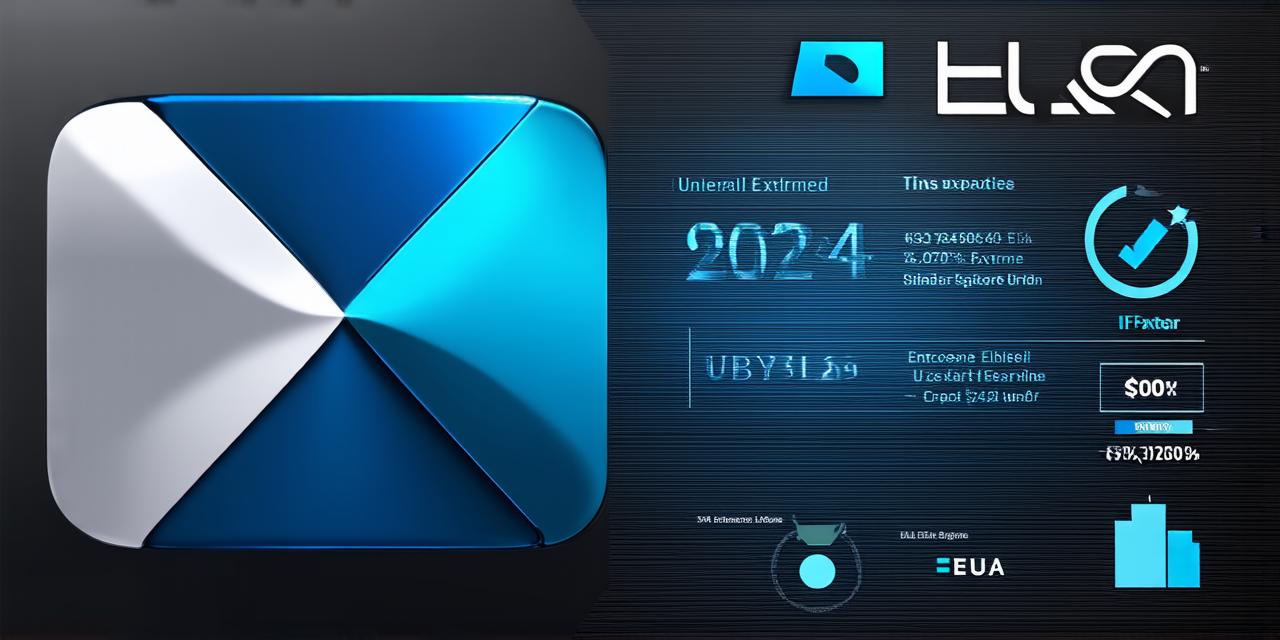Introduction
The Unreal Engine is a powerful game engine used by developers for creating interactive experiences in various fields such as gaming, architecture, filmmaking, and education. In order to use the engine, users must agree to the terms of the Unreal Engine End User License Agreement (EULA). This article will provide an overview of the key points of the EULA, including its purpose, scope, and restrictions.
Purpose of the EULA
The EULA serves as a legal contract between the user and Epic Games, Inc., the developer and owner of the Unreal Engine. The EULA outlines the terms and conditions under which the user is allowed to use the engine, including its features, capabilities, and limitations. By accepting the EULA, the user agrees to comply with these terms and conditions in order to legally use the engine for their projects.
Scope of the EULA
The EULA applies to all users who download, install, or use the Unreal Engine in any capacity, including but not limited to:
- Game development
- Film production
- Architecture and interior design
- Education and training
- Virtual reality and augmented reality experiences
Restrictions of the EULA
While the Unreal Engine is a powerful tool for creating interactive experiences, it comes with certain restrictions that users must be aware of. These restrictions include:
- Intellectual Property Rights: The Unreal Engine is proprietary software owned by Epic Games, Inc. Users are not allowed to modify, distribute, or sell any part of the engine without the express written consent of Epic Games, Inc.
- Commercial Use: Users are only allowed to use the Unreal Engine for non-commercial purposes. Any commercial use, including but not limited to selling games or experiences created with the engine, requires a separate license from Epic Games, Inc.
- Derivative Works: Users are allowed to create derivative works based on the Unreal Engine, such as mods, plugins, and add-ons. However, these derivative works must also comply with the terms of the EULA and must not infringe on the intellectual property rights of Epic Games, Inc.
- Support: Epic Games, Inc. provides support for the Unreal Engine through its community forums and documentation center. However, users are responsible for installing and configuring the engine themselves, as well as debugging and troubleshooting any issues that may arise.
- Warranty Disclaimer: The Unreal Engine comes with a limited warranty, which excludes liability for any damages resulting from user error or misuse of the engine. Users are responsible for testing and validating their projects before releasing them to the public.
Conclusion
The Unreal Engine End User License Agreement (EULA) is an important document that all users must be familiar with before using the engine for their projects. By accepting the EULA, users agree to comply with its terms and conditions, including intellectual property rights, commercial use restrictions, derivative work guidelines, support limitations, and warranty disclaimers. As a powerful tool for creating interactive experiences, the Unreal Engine has the potential to revolutionize various fields, but it is important for users to understand and adhere to its legal restrictions in order to avoid any legal issues down the line.
